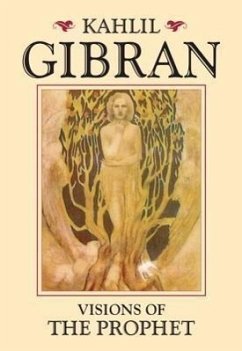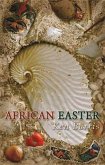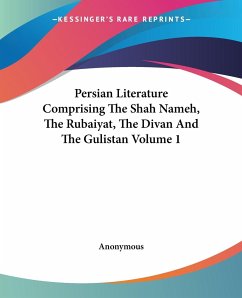Ever since his best-selling book The Prophet was first published in 1923, Kahlil Gibran has been enchanting spiritually inclined readers with his dogma-free writings so rich with insight, wisdom, beauty, and truth. In this companion collection of little-known writings taken from his published works in Arabic, Gibran encourages us to bravely face life's hardships, and to continuously cultivate a rich inner life to set our moral compasses by. In Visions of the Prophet, Gibran's narrator wrestles with the hypocrisies of Christianity ("Mad John," "The Man on the Cross") and challenges hypocrisy ("Kahlil the Ungodly"). He questions how children born of corrupt marriages and living in poverty can ever become soulful creatures ("The Sister Soul," "The Woman of Tomorrow") and urges us to develop our souls ("Solitude and Isolation"). The one-act dramatic play "The Many-Columned City of Iram" shows a Sufi master, a female sage, and a seeker having a heartfelt discussion about the natures of faith and reality. Containing some of his most intellectually challenging work, Visions of the Prophet reveals a Gibran more vehement and vulnerable than in previous publications.
Hinweis: Dieser Artikel kann nur an eine deutsche Lieferadresse ausgeliefert werden.
Hinweis: Dieser Artikel kann nur an eine deutsche Lieferadresse ausgeliefert werden.








